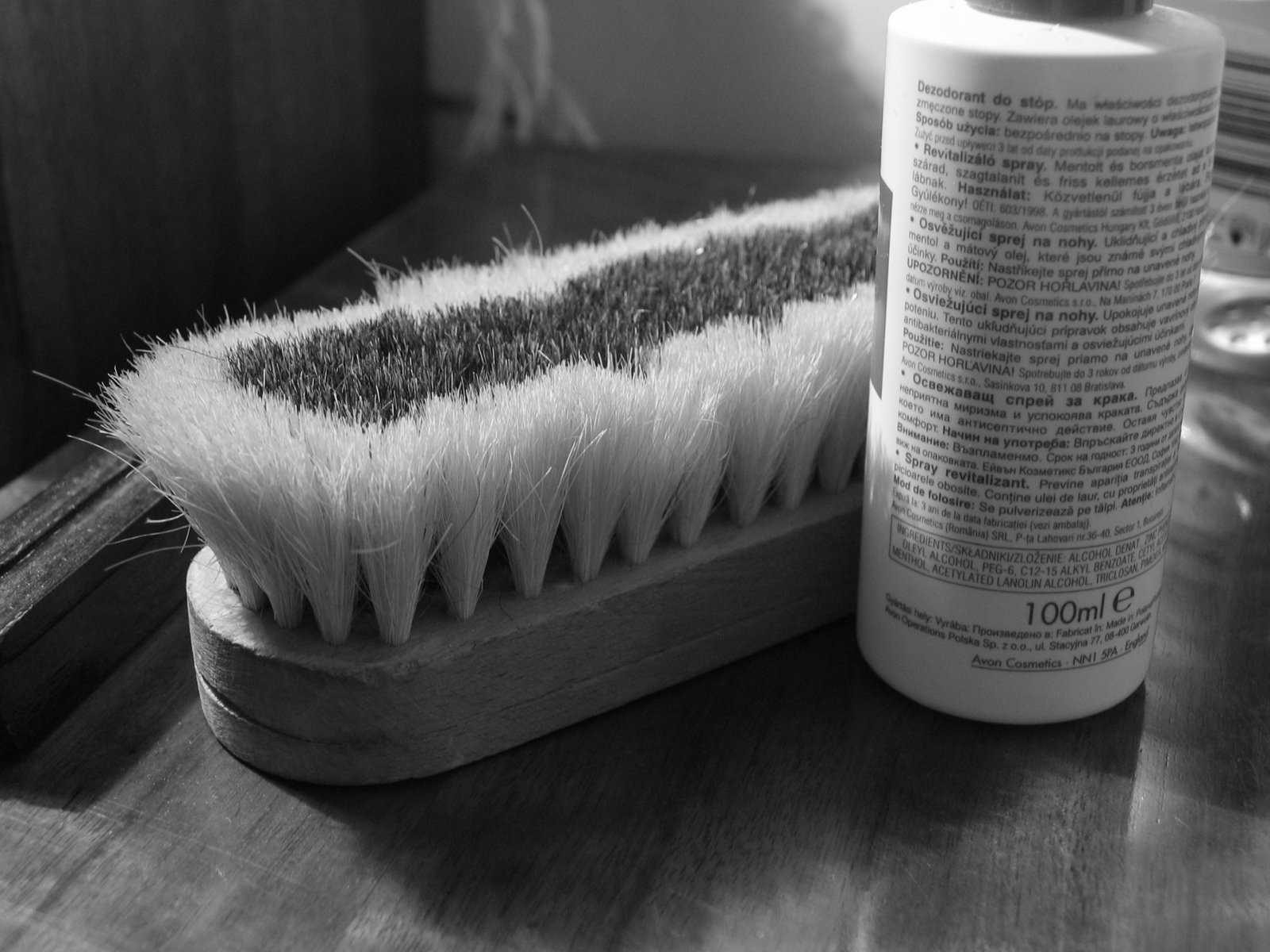

THE patent microcosm can fool and manipulate the Iancu-led USPTO all it wants. At the end it's down for judges (in courts) to decide validity of patents in actual trials.
On May 21, 2018, the Federal Circuit, in an opinion authored by Judge Wallach, ruled that patent owner D Three could not claim priority from U.S. Patent Application No. 61/150,301 (“the 2009 Application”), affirming the U.S. Federal District Court for the District of Colorado. D Three Enterprises, LLC v. SunModo Corp., Nos. 2017-1909, 2017-1910, 2018 (Fed. Cir. May 21, 2018)(Before Reyna, Clevenger, and Wallach, J.).
D Three Enterprises had sued SunModo Corp. and Rillito River Solar (doing business as EcoFasten) in the District of Colorado for infringement of various claims of alleging infringement of various claims of U.S. Patent Nos. 8,689,517 (“the ‘517 patent”), 9,068,339 (“the ‘339 patent”), and 8,707,655 (“the ‘655 patent”), which are directed to roof mount sealing assemblies. The allegedly infringing products were available to the public in June 2009 and 2010. To sustain its claim for patent infringement, D Three claimed priority to the 2009 Application, the parent application for the patents-in-suit. The parties agreed that the patents would be invalid without the benefit of the 2009 Application.
Judge Pauline Newman has been concerned regarding constitutional issues raised by the U.S. Patent and Trademark Office Patent Trial and Appeal Board's implementation of inter partes review as provided by the Leahy-Smith America Invents Act (codified at 35 U.S.C. ۤ 311 et seq.). Specifically, Judge Newman's concerns involve separation of powers issues and accordingly, are different from the issues raised in Oil States Energy Services, LLC. v. Greene's Energy Group, LLC.
[...]
As for the invalidity arguments, the panel held that the District Court did not abuse its discretion in denying Trans Ova's post-trial motions and that the jury's verdict was supported by substantial evidence (from XY's expert).